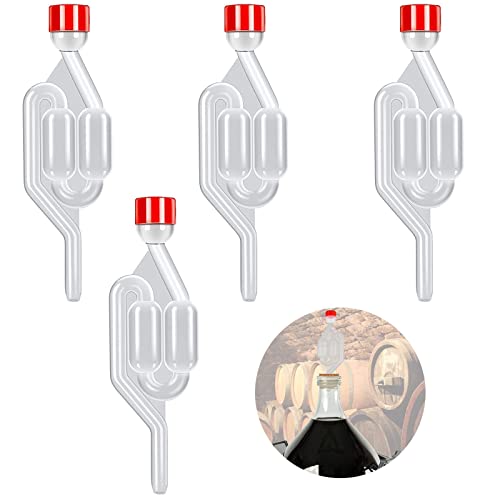clib
Landlord.
- Joined
- Apr 28, 2021
- Messages
- 787
- Reaction score
- 672
I agree with all you say AA. Not all yeasts suit bottling. I avoid some, and leave some in the FV longer. I mostly bottle but I do have one corney and 3 plastic barrels, which I use from time to time. I prefer bottles, probably cos PBs are tricky and can't be fridged, and because I prefer naturally carbed beer to force carbed so I have found the corney is a bit redundant. my beer fridge is full of bottles... Maybe one day I will get a beer engine and use polypins or something. We can call beer in bottles whatever we want I think, bitter or pale ale etc. If I pour beer from a bottle into a jug and then to a glass it resembles cask ale, enough for me. I over carbonate a little in the bottle and then lose some. I suspect cask is like that? Carbonation is reduced by the release of pressure when a cask is tapped? You could well be right about cask brewers liking yeasts to keep nibbling away in the cask. West Yorks and Ringwood are good. Try them. 1728 too. I've not use 072 but I am about to bottle my 073 beer, if I can get off here! First use of it.I've followed your investigations into yeast elsewhere and it's certainly made me think. I wonder whether you bottle or keg. While I'm (or was) perfectly happy to go to a beer festival and thoroughly enjoy most of the offerings from cask, I find that some of the more flavoursome yeasts don't suit bottling. Either, they continue to ferment very slowly resulting in overprimed bottles (and these are not diastaticus varieties, nor have I got an infection or it would be the same with all my yeasts) or, after they've been kept longer than they should, they develop a phenolic flavour which I seem to be particularly sensitive to.
I wonder whether "bitter" shouldn't be reserved for cask or filtered/pasteurised keg ales, and the bottled versions should be considered "pale ales" like in the old days. I can well imagine that some yeasts have developed that will nearly ferment out, but slow right down towards the end and that these are prized by cask brewers as the beer will stay in condition a little bit longer. Just my thoughts.
While it's off topic, I've got a fridge full of liquid yeasts including West Yorks and RIngwood that I really ought to get on and use before they go beyond resurrection. Trouble is, I tend to find a yeast I like and use it forever: The WhiteLabs French Ale WLP072 and the Wyeast Scottish 1728, I've kept going for years. The first one hasn't been around for a number of years and I'm glad I kept a dozen bottles of my first generation beer to grow it from.


































![BREWING THERMOMETER STICKERS ACCURATELY MONITOR FERMENTING BEER & WINE LIQUID TEMPERATURES 5PCS HOME BREW SPIRITS WINE LCD ADHESIVE [US]](https://m.media-amazon.com/images/I/311DDjo2X3L._SL500_.jpg)







